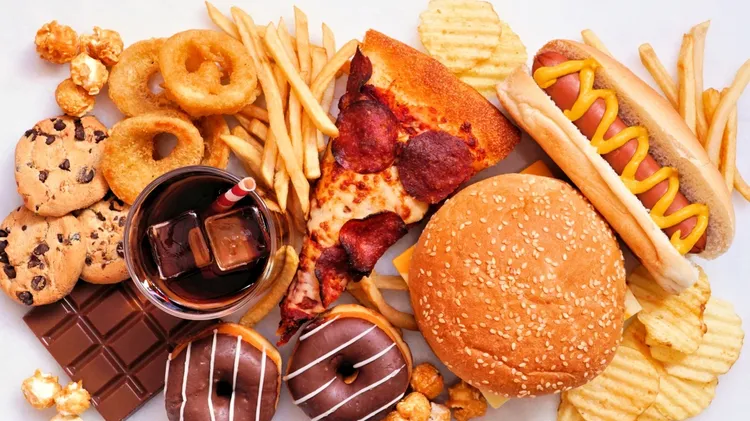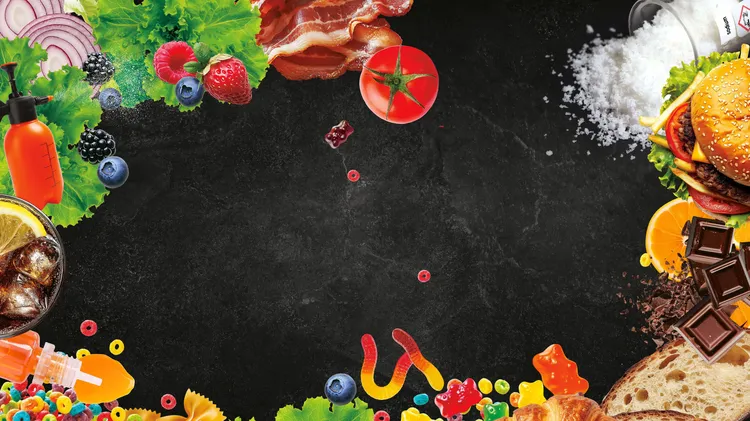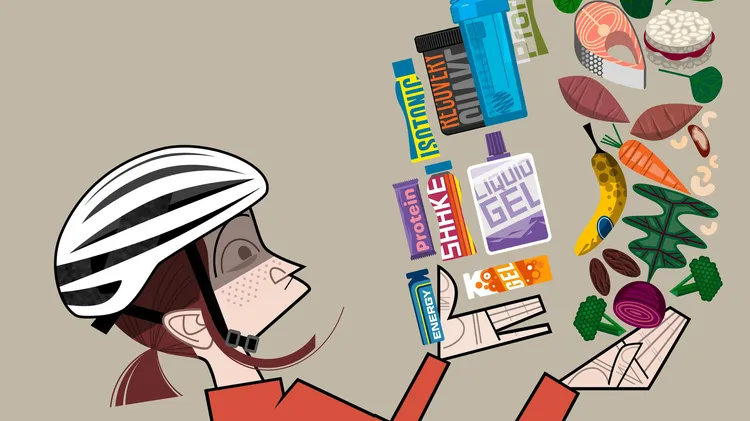Can any processed foods be good for us? Nutritio
Health & nutrition ultra processing laid bare
4 min read
This article is from...
Read this article and 8000+ more magazines and newspapers on Readly






